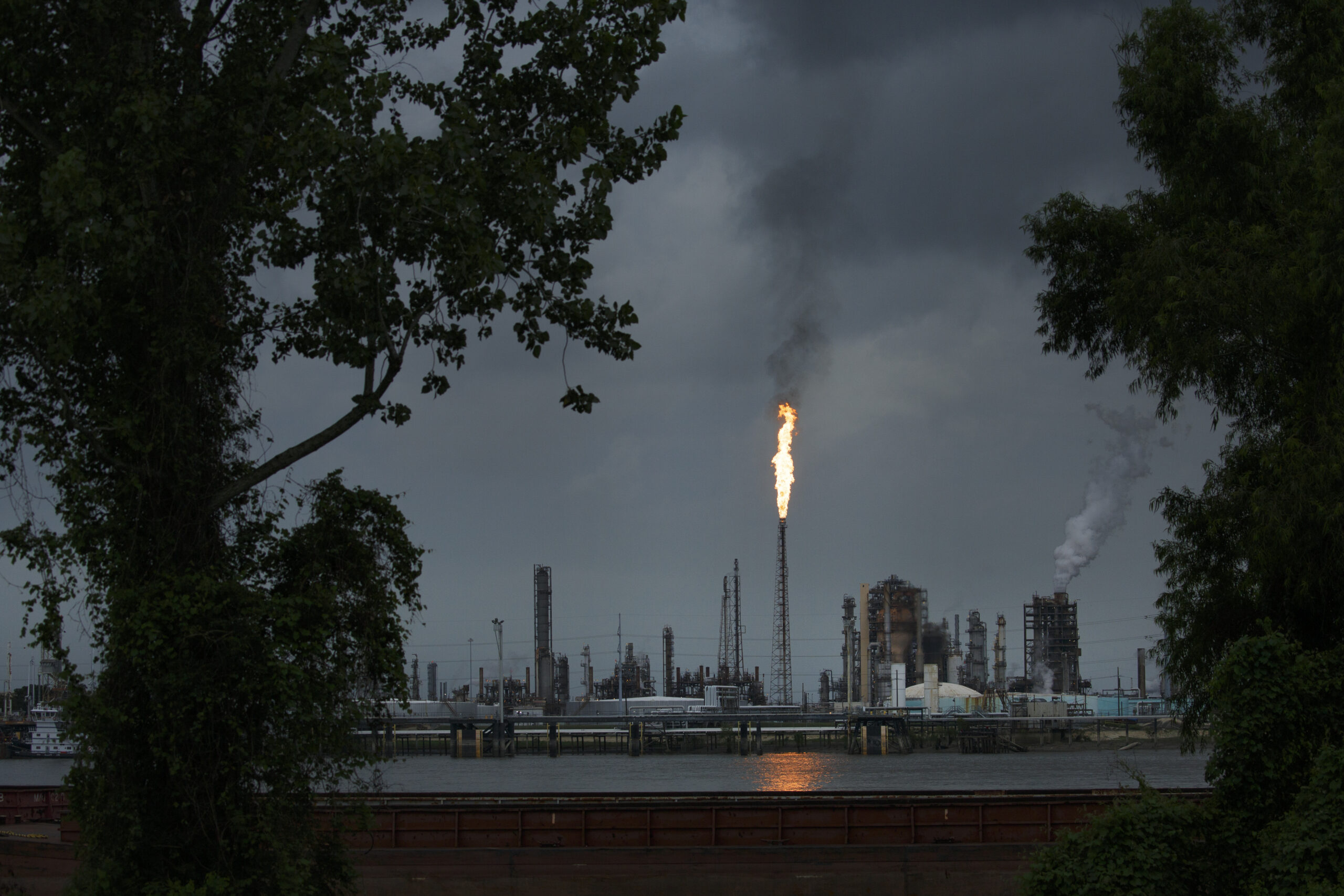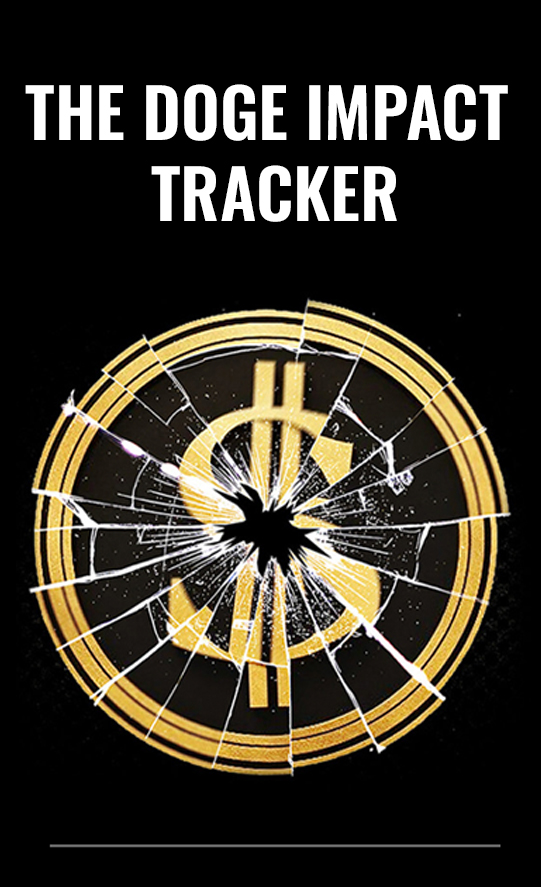On the morning of March 20, Mathew Roberts was working at a chemical plant on the outskirts of Baton Rouge, Louisiana, when he was involved in an accident with a forklift. Unresponsive and in critical condition, the father of two and Iraq War veteran known for his big laugh and warm smile was taken from the Nutrien nitrogen plant to a local hospital, where he died of his injuries.
The U.S. Occupational Safety and Health Administration is investigating the incident, along with local law enforcement, but Roberts’ family members said they are still waiting for answers.
The workplace death is not unusual in Louisiana, which has been ranked the sixth most dangerous state for workers in the U.S., according to a study that used data from the Bureau of Labor Statistics. More than 200 chemical plants and refineries sit along an 85-mile stretch of the Mississippi River from Baton Rouge to New Orleans, which has been dubbed “Cancer Alley” because of the high rates of cancer linked to petrochemicals.
In recent years, there have been multiple chemical plant exposures or explosions in the state. In December, a possible explosion occurred at a Westlake Corp. chemical plant not far from the Nutrien plant. In October, four workers were sent to the hospital after being exposed to ammonia at a Formosa Plastics plant. In September, a hydrogen gas explosion at the nearby Chevron Renewable Energy Group plant injured two people.
Several weeks before Roberts’ accident, Elon Musk’s Department of Government Efficiency announced that it will close 11 OSHA field offices, including the one in Baton Rouge that is investigating Roberts’ death. It is the agency’s only office in Louisiana, and its potential closure is raising concerns among workplace safety experts. The closures remain “under review,” per the U.S. Department of Labor, which oversees OSHA.
A Department of Labor spokesperson told Capital & Main, “Occupational Safety and Health Administration inspectors continue to conduct legally required inspections and remain focused on OSHA’s core mission to prevent injury, illness, and death in the workplace and promote safe and healthy workplaces for U.S. workers.”
A spokesperson for DOGE did not respond to Capital & Main’s request for comment.
Former OSHA Director David Michaels said by closing the office, “those enormous oil and petrochemical facilities with significant safety and health hazards will be inspected even less frequently than they are now.” By closing the office, the government will save $109,346, according to DOGE.
OSHA staffers in the office will have to choose between leaving OSHA entirely or relocating to another region hundreds of miles away, Michaels said. Staffers at the Baton Rouge office said they’re not aware of any layoffs, though rumors have been swirling since the DOGE announcement in mid-March.
“We’re still here, but I don’t know for how long,” said one staffer who asked not to be identified out of fear it would put their job in jeopardy.
In addition to the Baton Rouge office, which conducted 386 workplace inspections over the last year and assessed more than $750,000 in penalties for serious violations, DOGE is also planning to close field offices in Houston and Mobile, Alabama. “These closures will result in more injuries, illnesses and deaths,” Michaels said.
Musk’s efficiency mandate will end up affecting workers, said Bernard Fontaine Jr., a former OSHA compliance officer.
“What they’re trying to do is consolidate offices and reduce costs,” Fontaine said “But the impact of the services being provided is going to be dramatically reduced so that when people call and file a complaint, it may not be addressed for a very long period of time. By then, someone could be very sick.”
Copyright 2025 Capital & Main


 Latest NewsFebruary 3, 2026
Latest NewsFebruary 3, 2026
 Featured VideoFebruary 4, 2026
Featured VideoFebruary 4, 2026
 The SlickFebruary 2, 2026
The SlickFebruary 2, 2026
 Column - State of InequalityFebruary 5, 2026
Column - State of InequalityFebruary 5, 2026
 Column - California UncoveredFebruary 6, 2026
Column - California UncoveredFebruary 6, 2026
 The SlickFebruary 10, 2026
The SlickFebruary 10, 2026
 Latest NewsFebruary 12, 2026
Latest NewsFebruary 12, 2026
 Latest NewsFebruary 10, 2026
Latest NewsFebruary 10, 2026

